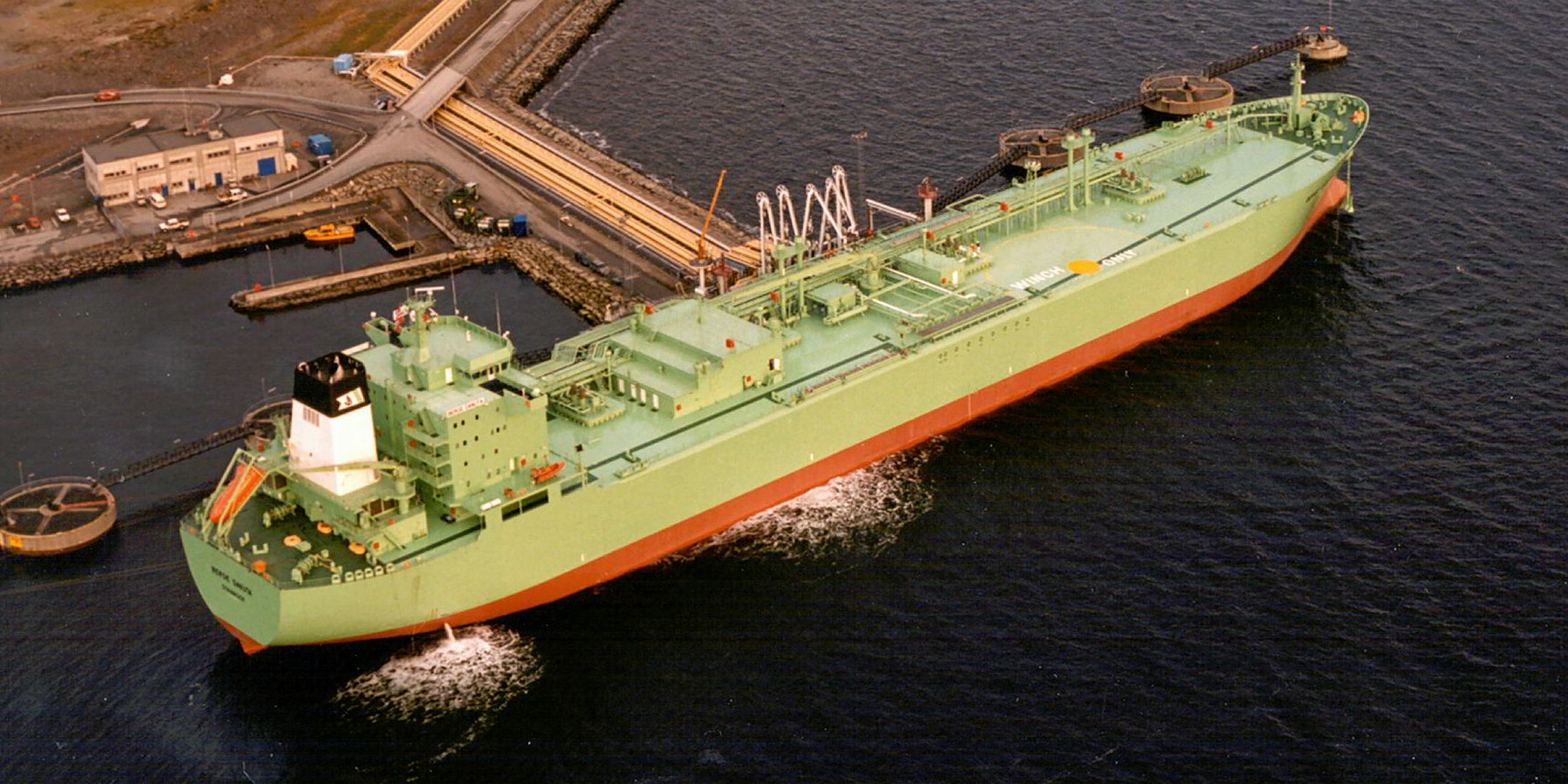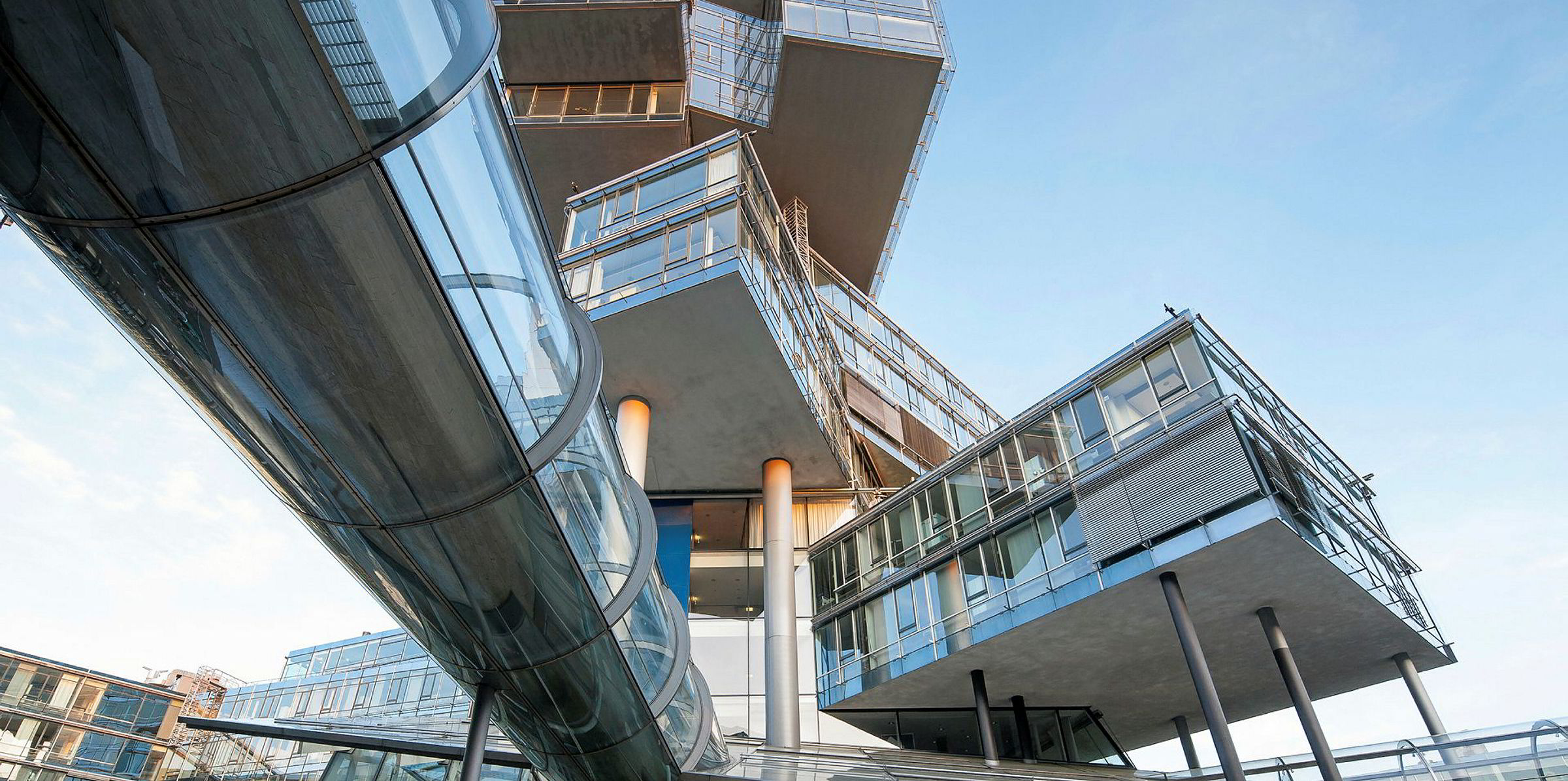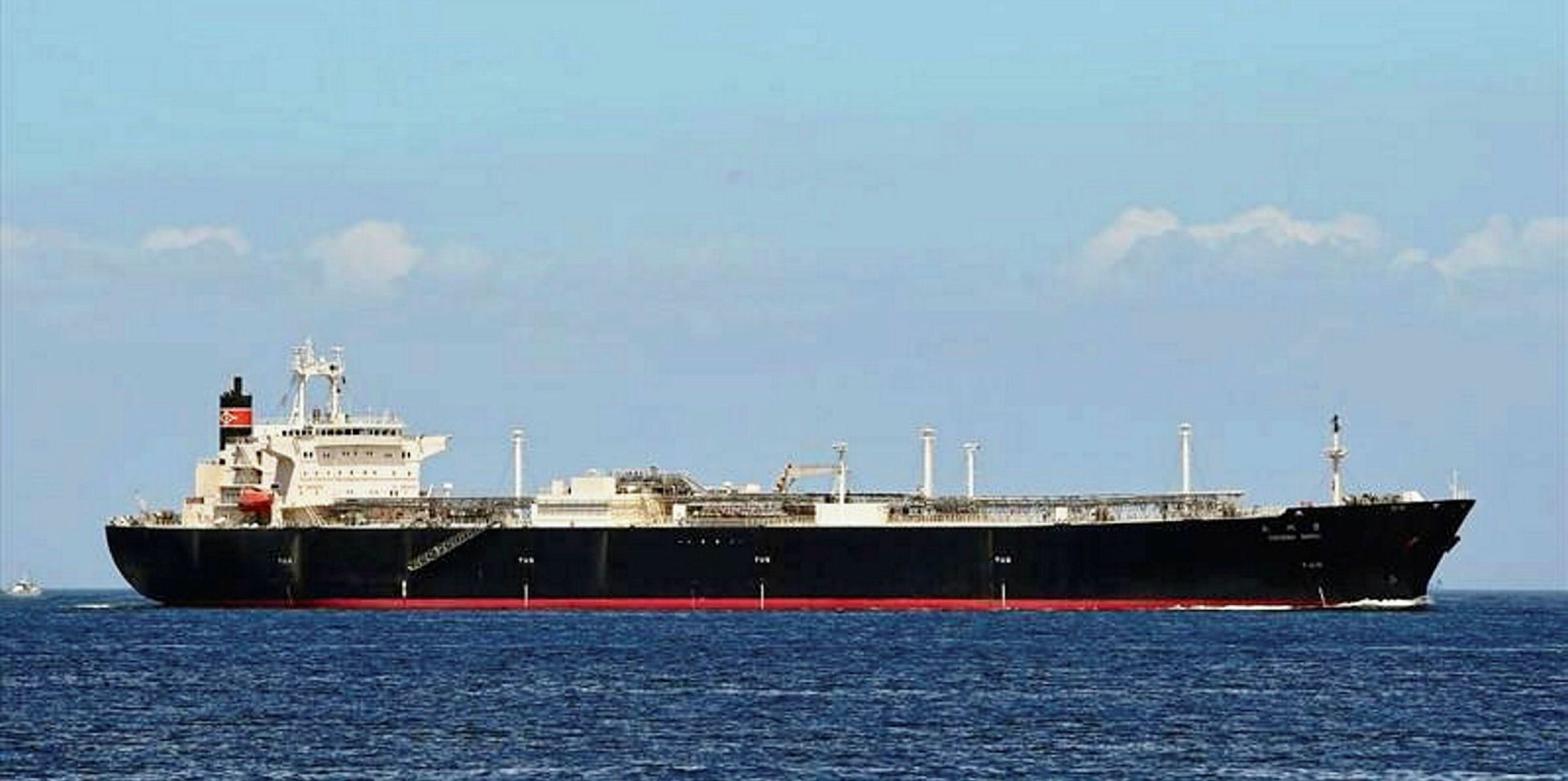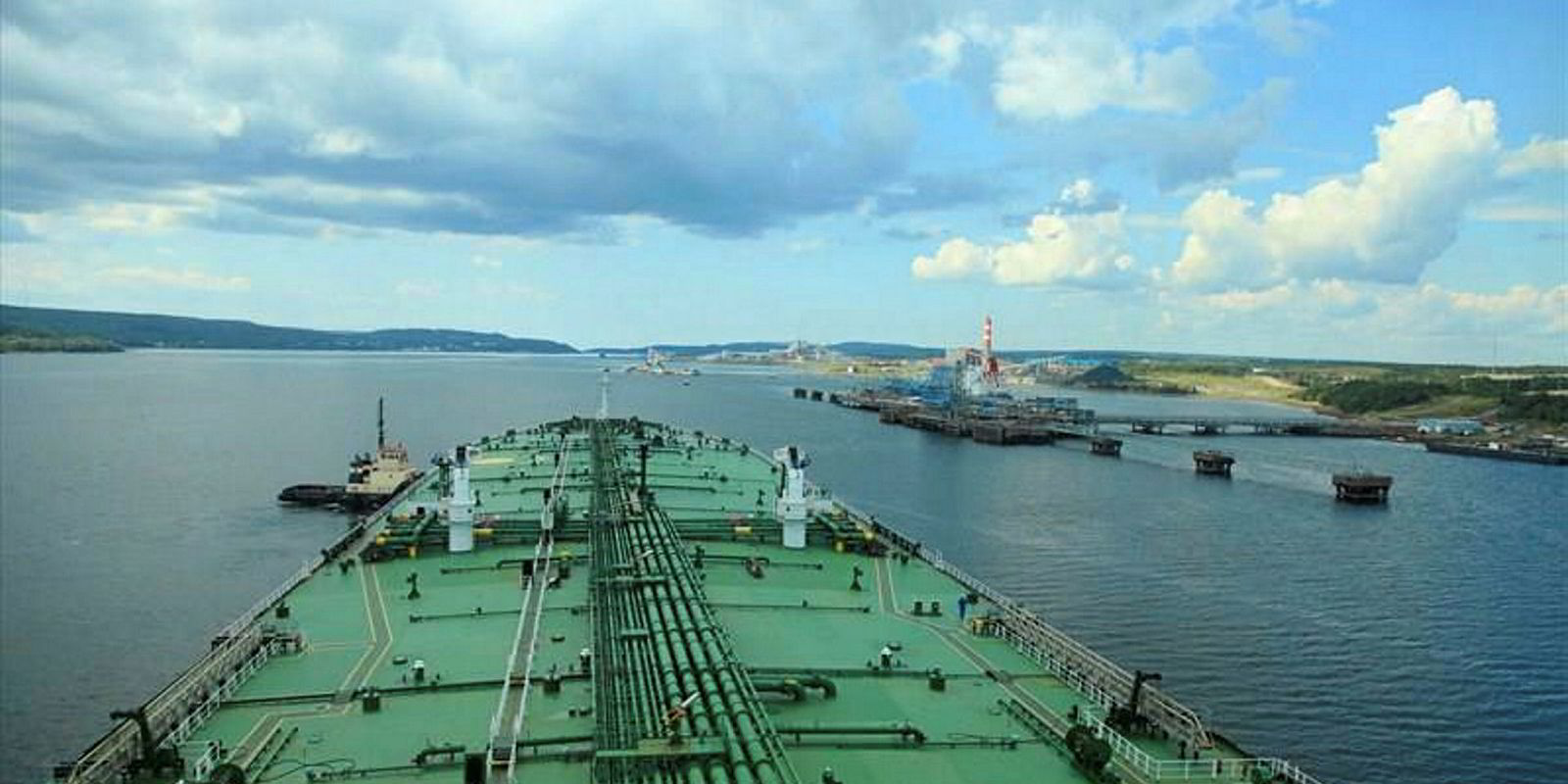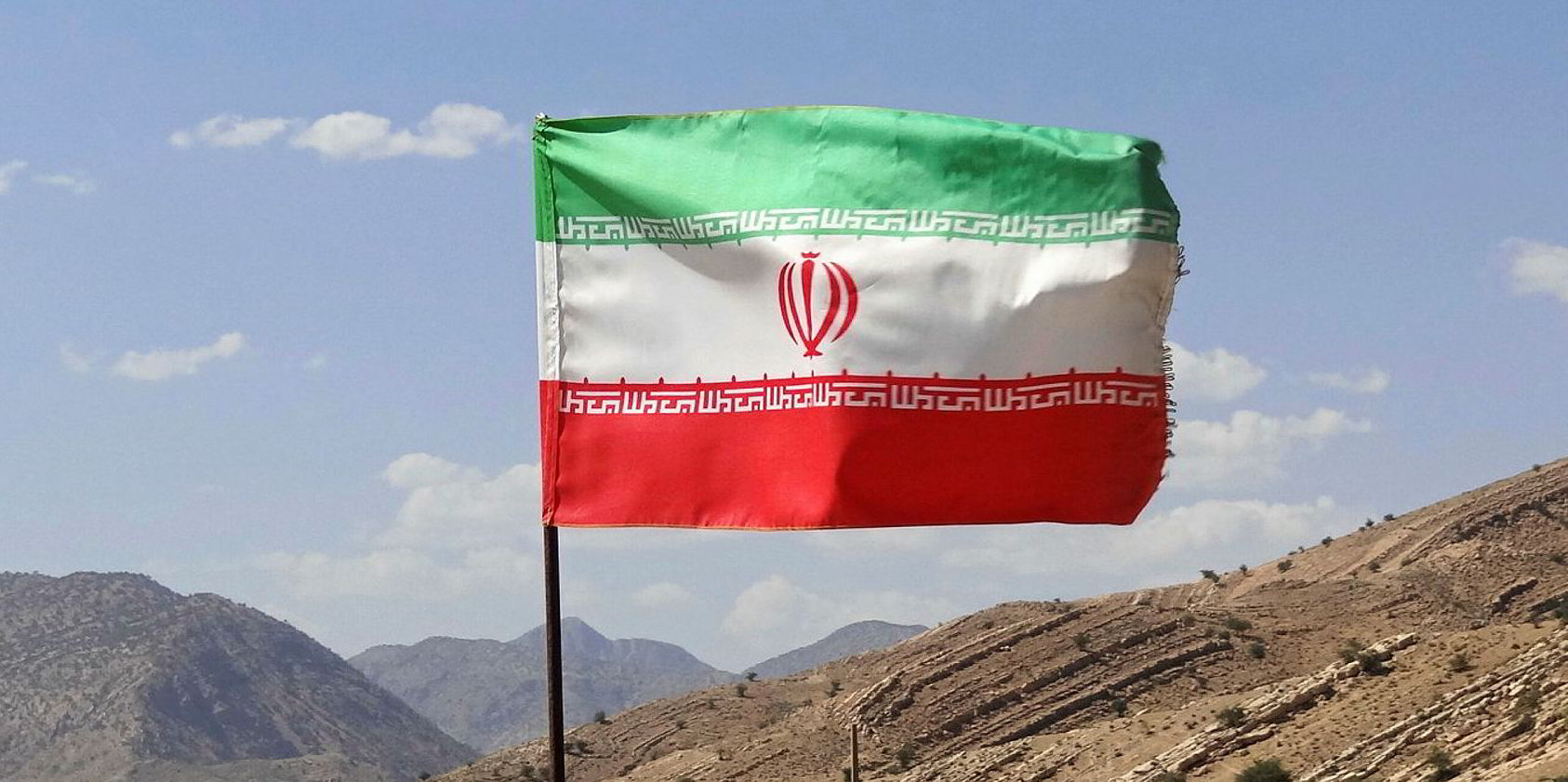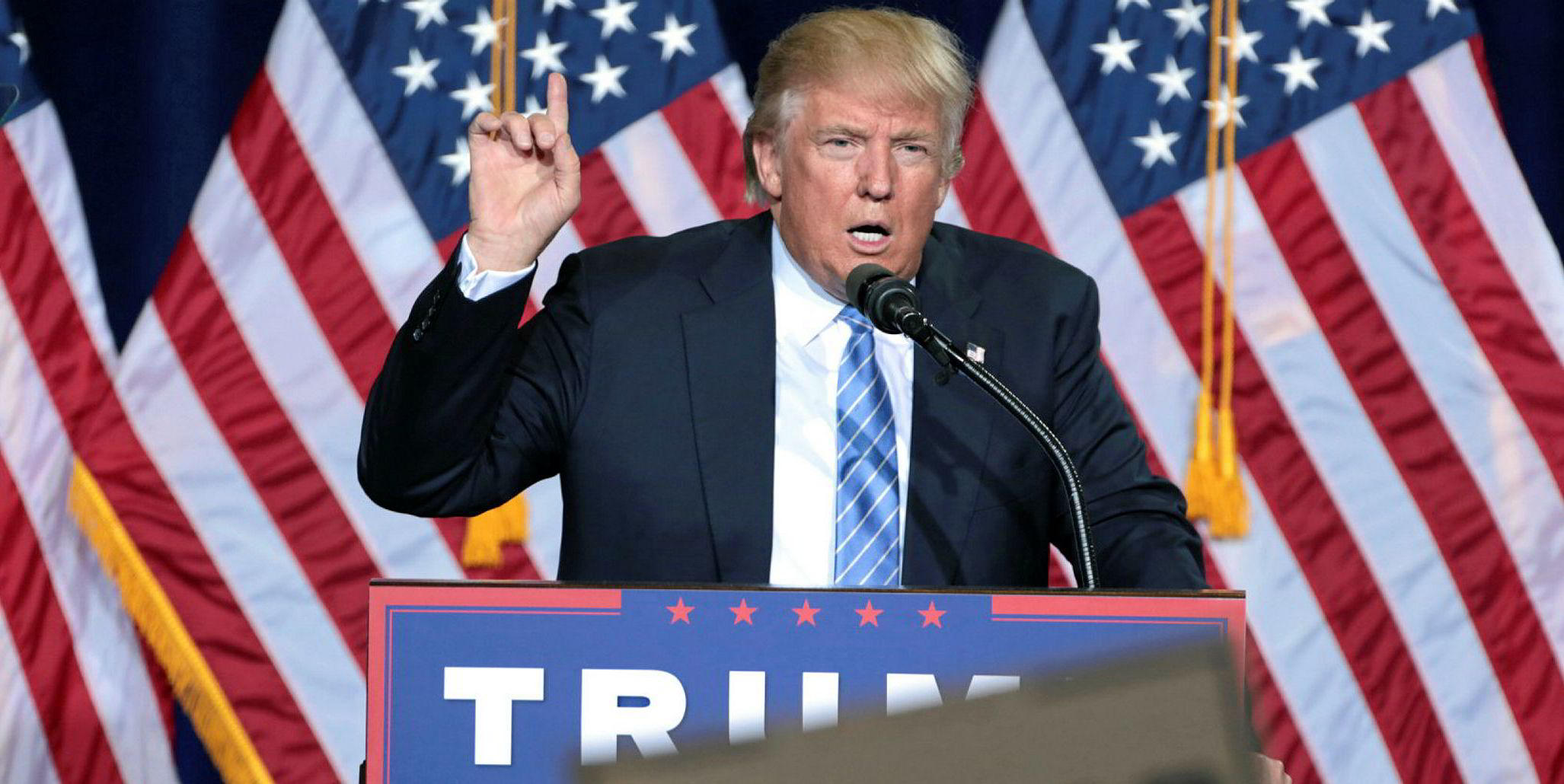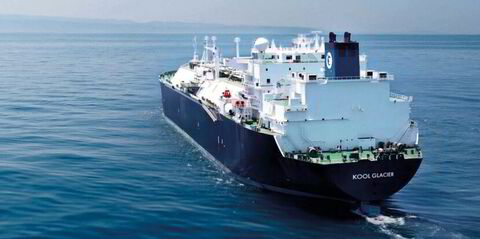Kunlun Holdings may be forced to look within China for its financing and insurance needs as international institutions jump ship over its alleged sanctions-busting activities.
German bank Nord/LB cut its ties with the Chinese company last week, citing widespread allegations of its involvement in transporting sanctioned Iranian LPG, TradeWinds has learned.
As TradeWinds reported, the bank arrested two of Kunlun’s VLGCs, the 78,400-cbm Gas Infinity (built 1997) and Sea Dragon (built 1993), after pulling financing and demanding the immediate repayment of an outstanding $30.2m loan agreement spread over three ships.
‘Unacceptable excuse’
The third vessel that Nord/LB financed, the 78,500-cbm Gas Dignity (built 2000), was supposed to have arrived in Singapore last Friday, but TradeWinds was unable to find any record of it having done so.
Ship-tracking websites show that its last AIS broadcast was made on 23 July, while it was in the Strait of Malacca. However, as the loan was taken out as part of a financing package, including the Sea Dragon, the bank added its claim against the latter ship’s arrest.
Nord/LB, in its affidavit filed with the High Court of Singapore, said the alleged Iranian cargoes and Kunlun’s loss of acceptable protection and indemnity coverage by clubs with similar concerns about its trading activities led to the breaching of loan covenants.
Kunlun, the bank said, was unable to provide a satisfactory explanation and evidence on what its gas carriers were getting up to during the long periods their AIS transponders were switched off while in the Middle East Gulf. The excuse that they were engaged in some sort of sea trials was deemed unacceptable.
However, on Monday, the arrest warrants on the Gas Infinity and Sea Dragon were lifted.
Nord/LB did not respond to emailed questions on the circumstances of the ships’ release, but given the tone of its statements submitted in court, it is thought unlikely that it has changed its stance and backed down.
With no reason for the releases made public, there is speculation that Kunlun found backers in China that provided the cash it needed to pay off the Nord/LB loans.
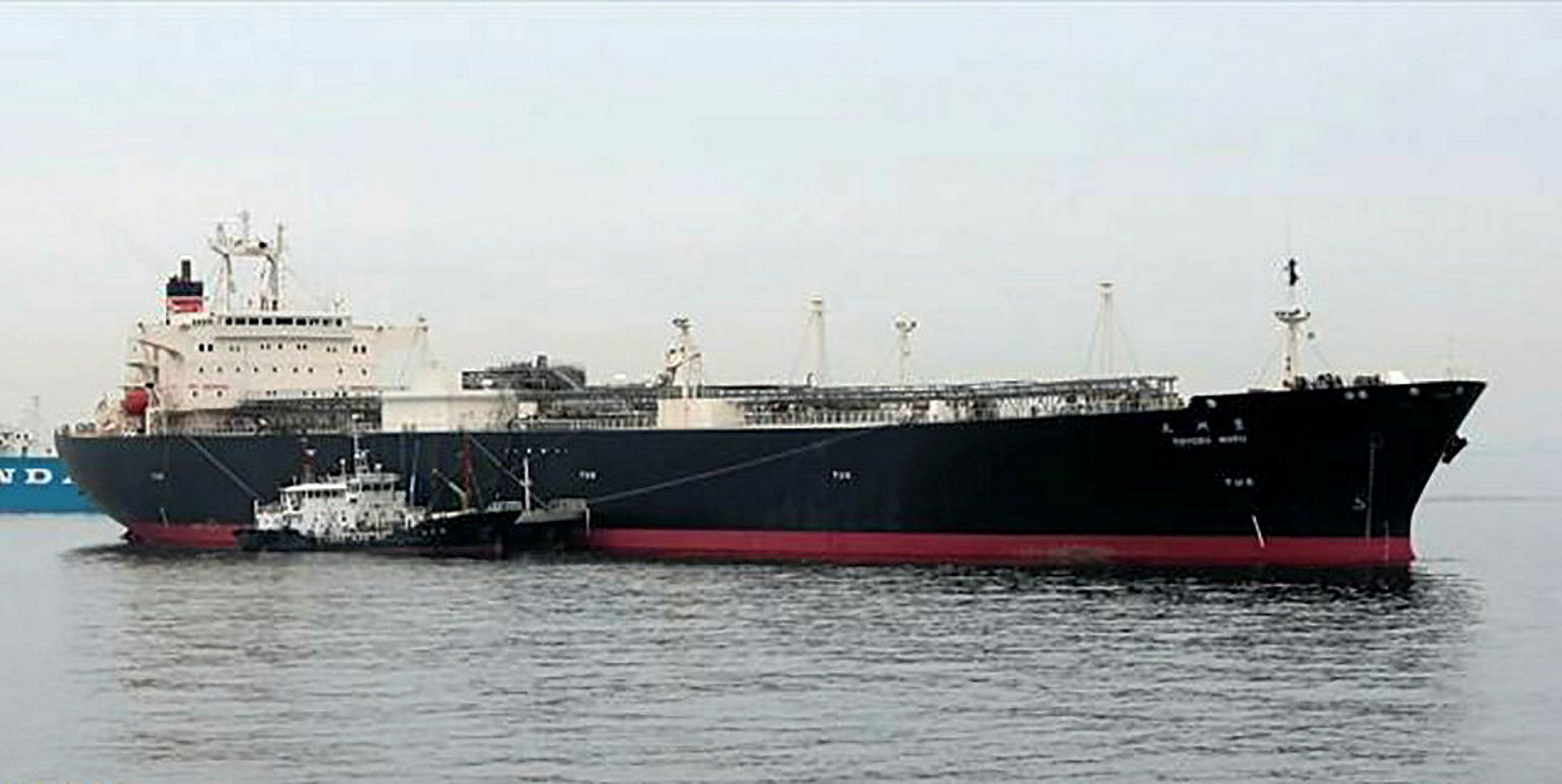
A top executive at one large Chinese leasing house said the business was too risky for lease finance houses, which are internationally oriented. Others in the domestic financing markets believe the Kunlun funding is coming from a Chinese state-owned bank with no US exposure, possibly a local bank.
At the end of this week, those suggestions remained pure speculation. Kunlun did not take up the opportunity TradeWinds gave it to explain its side of the story.
Nord/LB is not the only internationally oriented company to have cut ties with Kunlun. Its court affidavit reveals that international reinsurers are pulling their coverage on Kunlun’s VLGCs, a move that also puts the company in breach of loan covenants.
The Gas Infinity, for example, was provided with hull and machinery coverage by the People’s Insurance Company of China (PICC). PICC also provided the P&I coverage, but as part of the loan agreement with Nord/LB, P&I coverage was to have been reinsured to a member of the International Group of Protection & Indemnity Clubs.
PICC reinsured almost all of the Gas Infinity’s P&I coverage with the London P&I Club. On 25 June, that club sent Nord/LB a 14-day notice that it was terminating its reinsurance coverage.
The bank highlighted that the termination notice was issued only days after it was reported that Kunlun was engaging in suspicious trading behaviour that pointed to its carrying Iranian LPG.
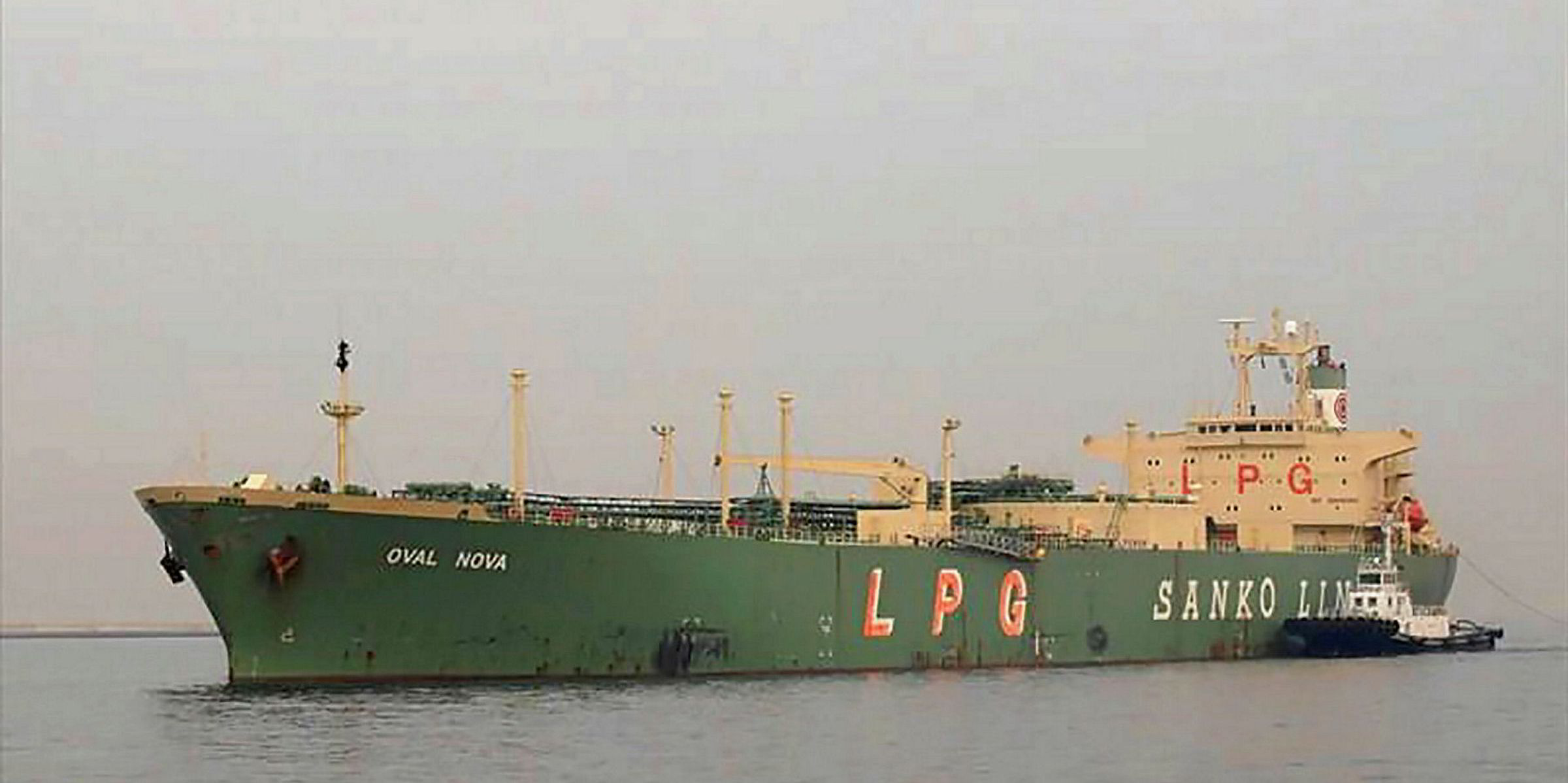
On 10 July, the day after London P&I Club’s coverage ended, Kunlun sent Nord/LB notification that the Gas Infinity had been reinsured by the Maritime Mutual Association (MMA), a small P&I club based in New Zealand.
MMA documentation indicated that the ship’s name was being changed to Echo Star.
This news certainly did not appease Nord/LB. Not only was the name being changed without the bank’s required consent, MMA was not on its list of approved P&I clubs and, therefore, the P&I coverage was no longer in the international insurance market, on approved terms and with approved insurance companies and/or underwriters.
Calls by TradeWinds to MMA director Paul Rankin went unanswered.
Kunlun operates a fleet of four VLGCs and five VLCCs. Both types have been recently accused of carrying Iranian crude and gas exports.
Pressure on the shipowner is likely to heighten as US authorities target Chinese companies involved with the Iranian oil sector.
Last week, the US sanctioned Zhuhai Zhenrong, one of China’s largest oil importers, and its chief executive, Youmin Li, for flouting its sanctions and buying Iranian crude.
